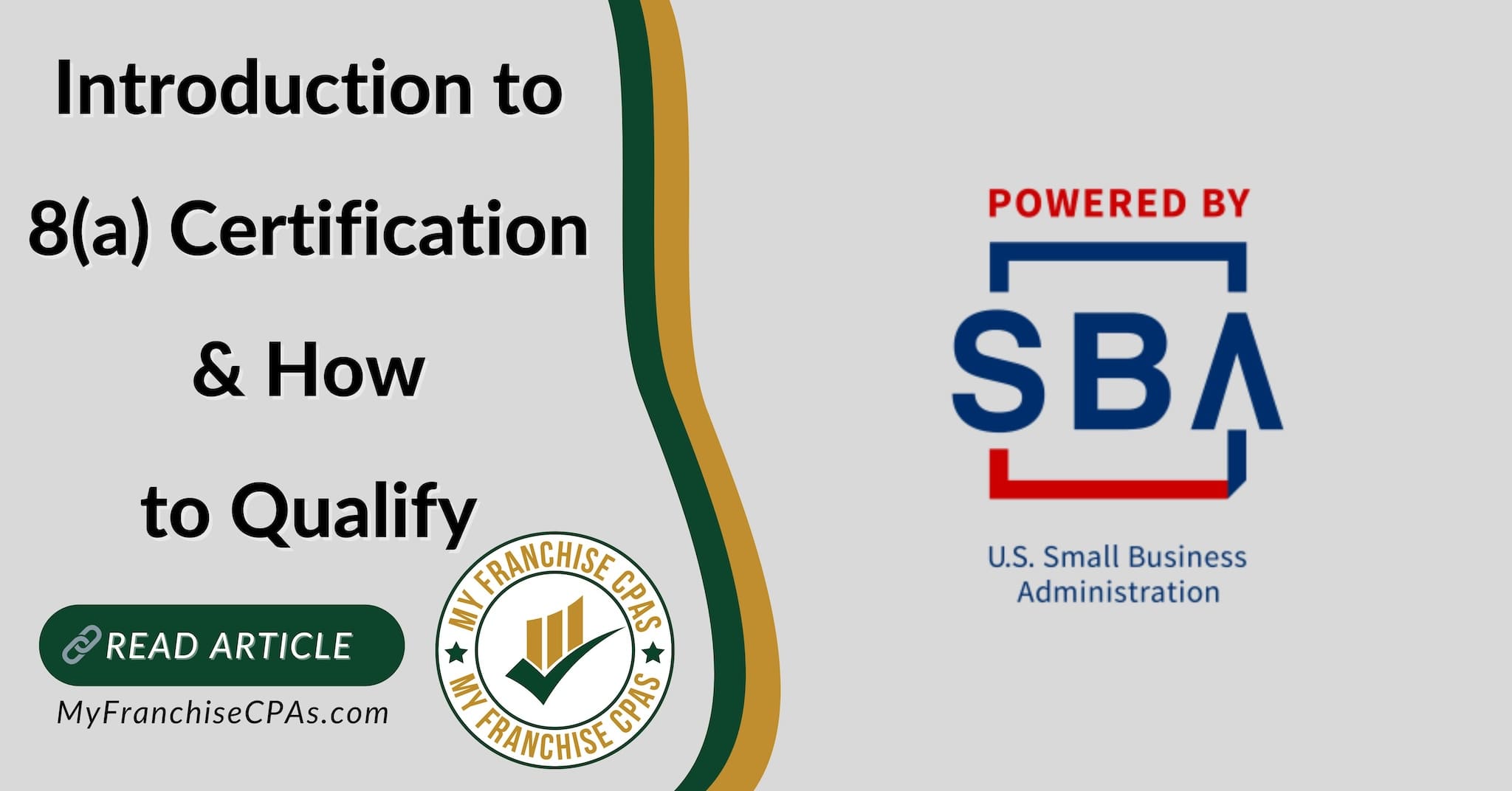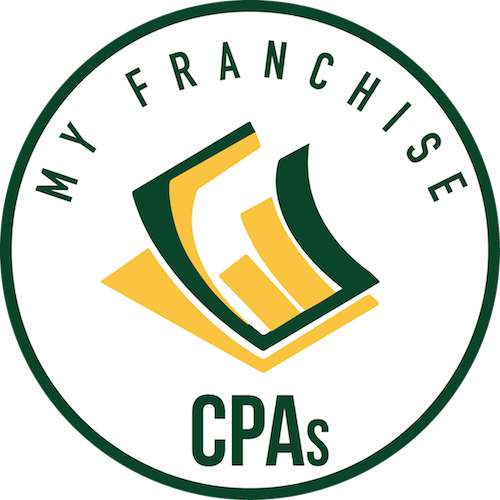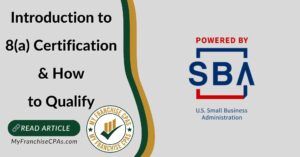
Introduction to 8(a) Certification and How to Qualify
Our last article covered The details of the SSBCI, a fund for minority and low income business owners. Today’s article will cover 8(a) certifications – another valuable tool for minority business owners to advance their goals and build their careers.
The 8(a) certification for minority owned businesses is another useful tool to help small business owners from all walks of life position themselves to see fantastic results and join other thriving businesses within established Franchise organizations that will help to build connections within their industry and community.
So, What is the Minority Owned Small Business, or 8(a) Certification?
The 8(a) Certification is a part of the 8(a) Business Development Program, which was designed to aid otherwise socially or economically disadvantaged business owners with the tools they need to become competitive in the United States economy. Once certified, this program has a robust nine-year term in which business owners can receive profitable access to contract opportunities from the federal government, as well as access to expert training and guidance in further developing and growing their business goals.
What are The Many benefits Offered to 8(a) Certified Businesses?
There are many benefits to 8(a) certification, so let’s touch on just a few of the strongest reasons why 8(a) certification can help a disadvantaged business owner to see greater success when building their business.
– Greater Access to Sole Source Contracts
Access to sole source contracts can generate large amounts of revenue and in turn build strong connections within the industry for a budding business. Business owners with 8(a) certification can meet with federal purchasers directly to discuss project pricing and specifics, which can in turn become a profitable opportunity for the business owner. Oftentimes, firms with 8(a) certification may even have access to government contracts where other business owners may not have known an opportunity were available, giving 8(a) certified business first chance and choice of valuable space in the marketplace. It is not uncommon for businesses in their third to fourth year of 8(a) certification to rely solely on sole sourced contracts and the relationships they have developed.
– Limiting the Competition for Federal Contracts
The 8(a) business development program requires a specific percentage of federal spending be contracted to 8(a) certified businesses. Since many businesses do not take the proper steps to complete their 8(a) certification, that is money left on the table! This in turn creates greater opportunity against less competition for 8(a) certified businesses to bid on the billions of dollars per year in federal contracts designated for 8(a) businesses.
– Minimizing the Hassles of Federal Bureaucracy
Everyone knows what a headache too much “red tape” can cause. Small businesses with 8(a) certification are able to work directly with the SBA in order to quickly establish a relationship and help the business owner to land their first federal contract. Oftentimes the SBA will initiate contact with a newly 8(a) certified business in order to reach out and aid business owners to communicate with their target market.
These are just a few of the many ways in which 8(a) certification helps disadvantaged business owners to break through bureaucratic headaches, confusing and complex government contract work, and quickly and effectively land large scale projects generating revenue and growing their business.
So, How Do You Qualify and Apply for 8(a) Certification?
There are already tools available to help you know if your minority owned business can qualify for 8(a) certification. The SBA provides a convenient tool online to help you determine, “Am I Eligible?”
Qualifications for 8(a) certification as outlined by the SBA:
- Be a small business
- No previous participation in the 8(a) program
- Business is at least 51% owned and controlled by U.S. citizens who are socially and economically disadvantaged
- Business owner should have a personal net worth of no more than $750 thousand, adjusted gross income of $350 thousand or less and total assets no more than $6 million
- Owner has demonstrated good character as well as the potential for success, such as having been in business for two years prior to application
Great, Now How to Apply?
Business owners looking to apply for 8(a) certification should first reach out to their local SBA District Office who can help to go over the details of qualification and the application process, to make sure the business owner is well prepared for their 8(a) application.
The key steps:
- Identify your primary NAICS code(s).
- Register your business in the System for Award Management (SAM).
- Apply for 8(a) certification.
Remember, you can always find more helpful resources and information at the SBA Certify website when looking to complete 8(a) certification for your own small business. While it is the business owner’s responsibility to maintain eligibility and meet program requirements, 8(a) certification can be maintained for up to nine years for any one small business. That’s four full years of development and another five to effectively transition the business out of the program.
The 8(a) certification for minority owned and disadvantaged businesses is a powerful tool in helping millions of small business owners seize opportunities for growth and development that may otherwise be out of reach, creating jobs and development within their own communities.




